Castelprile
Tuscany, Italy
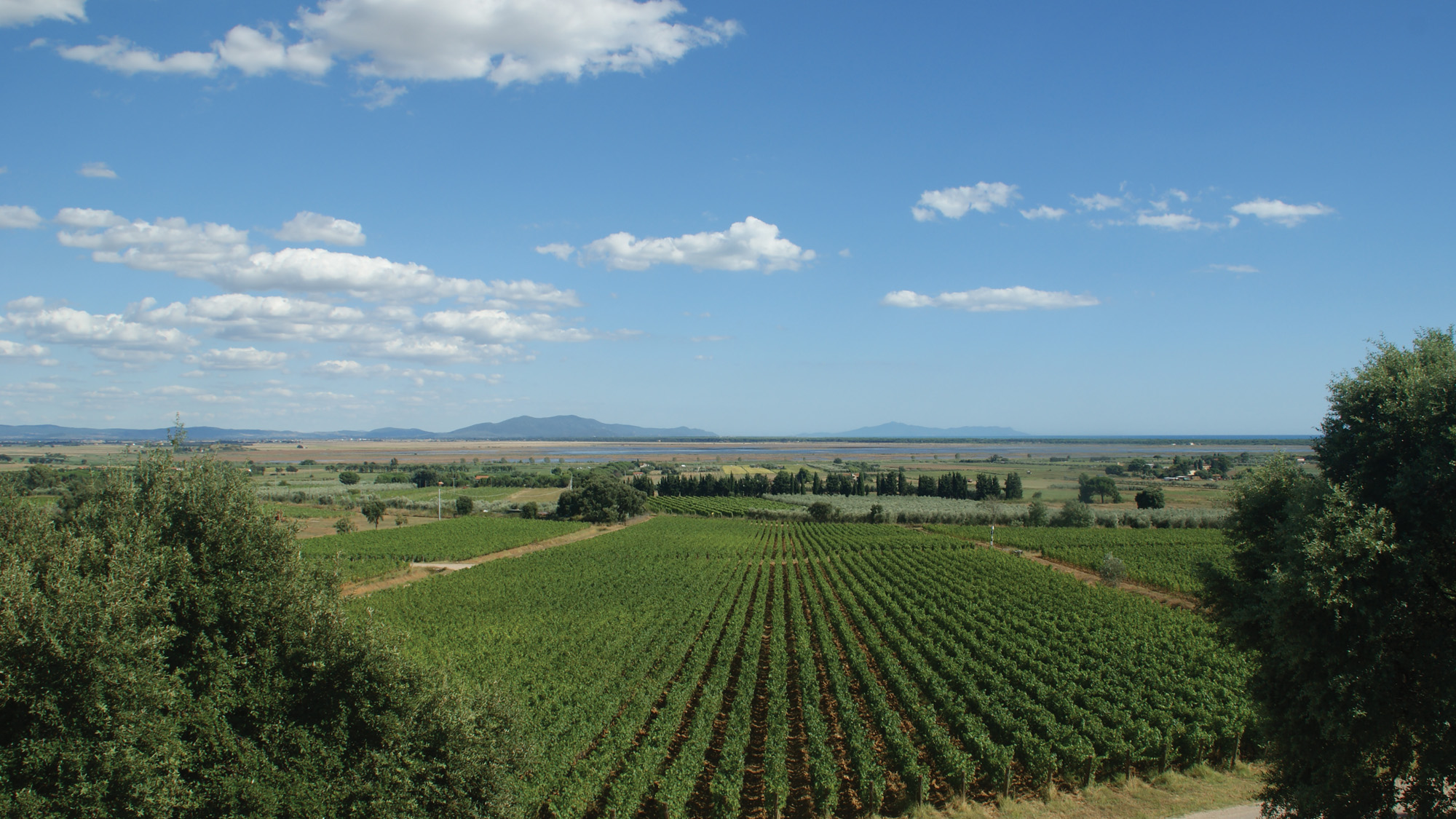
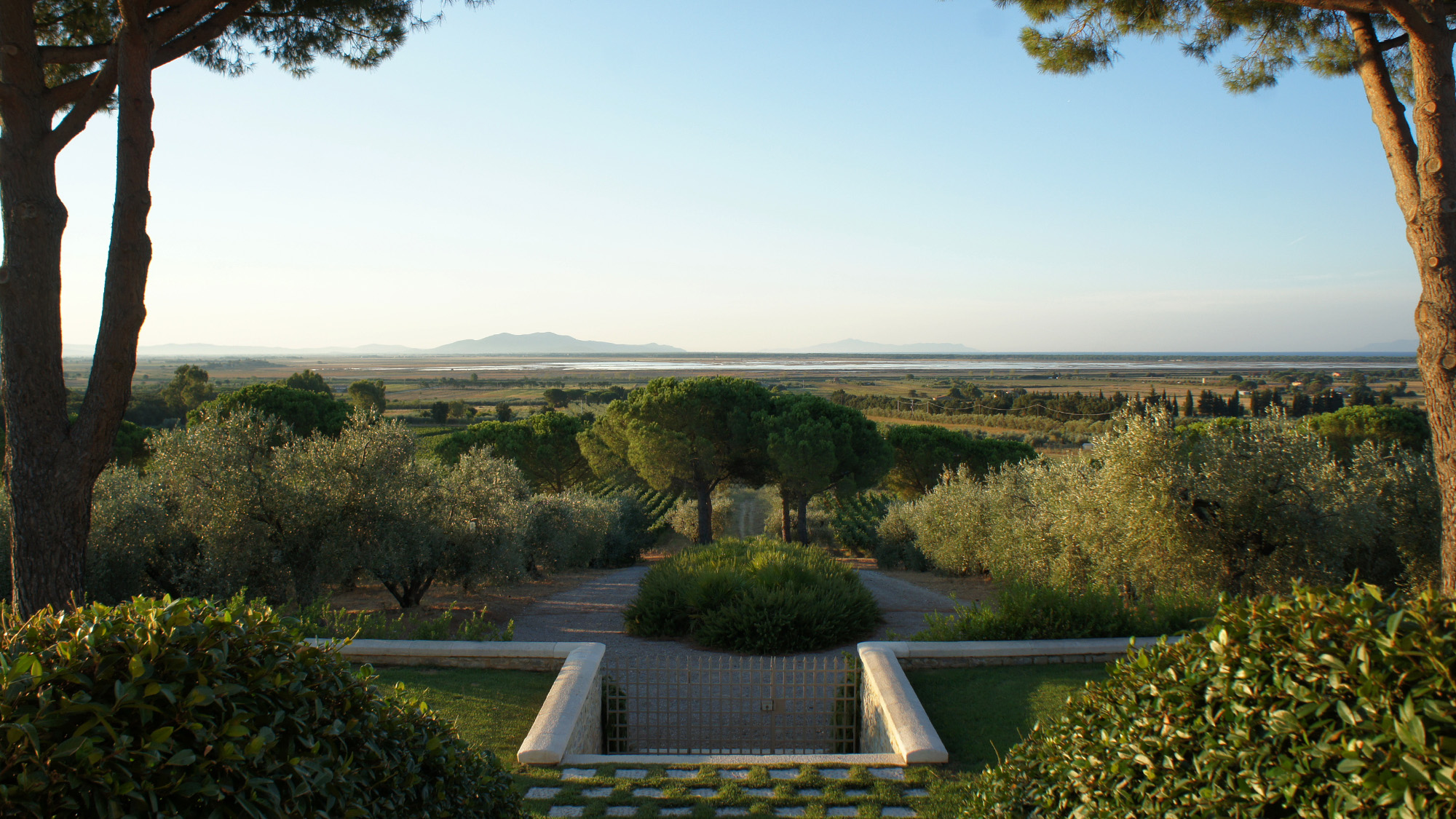
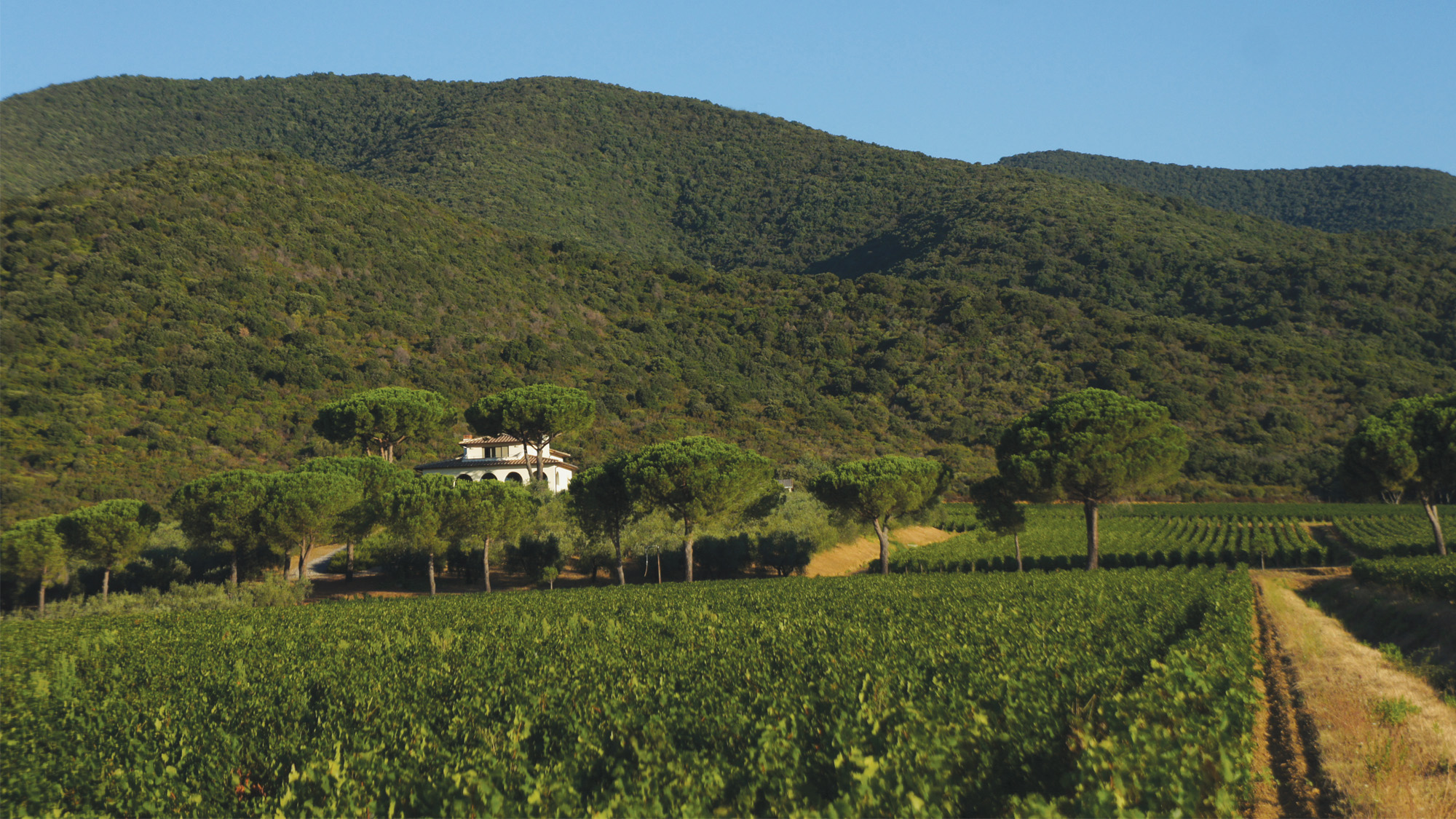
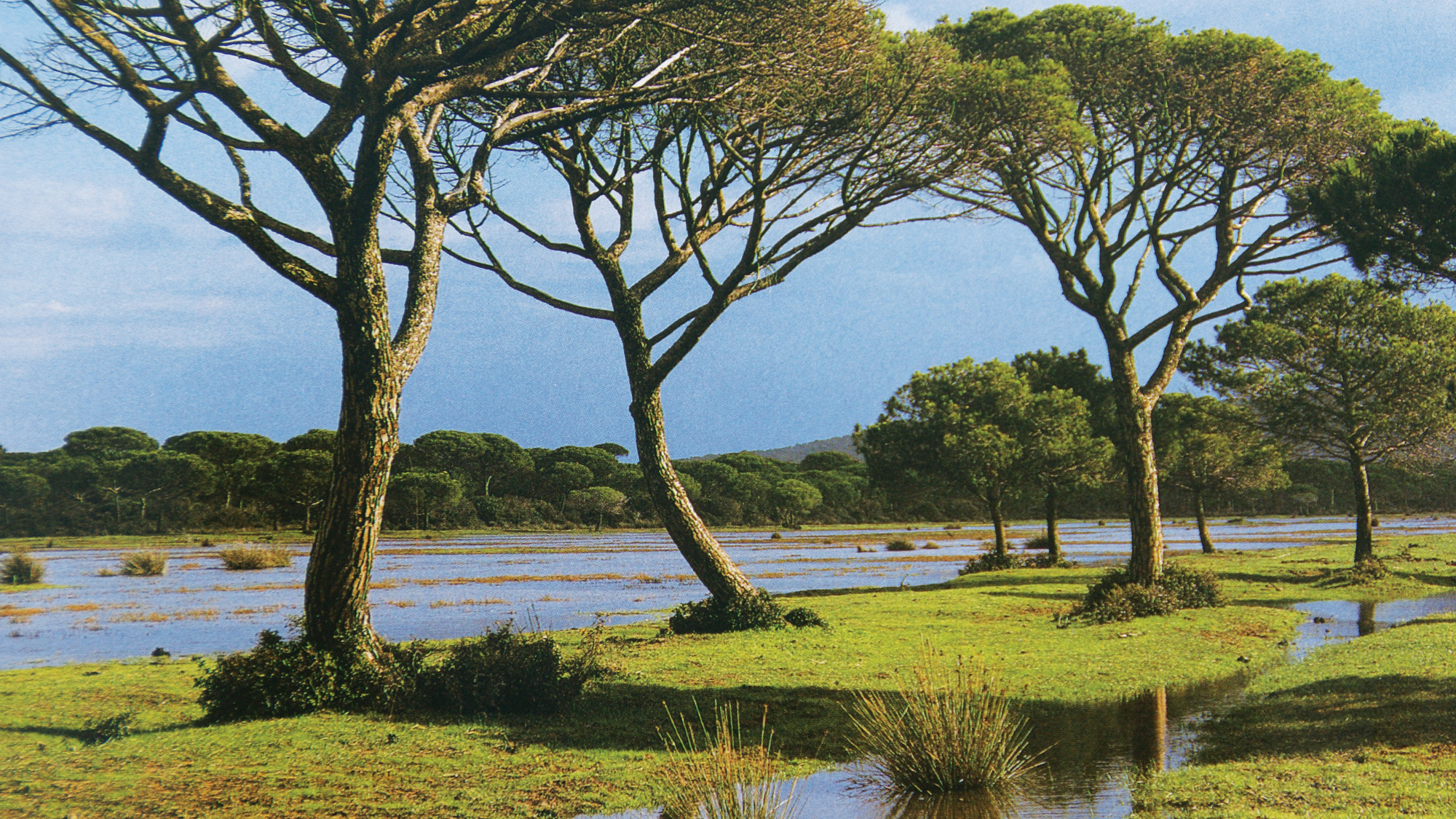
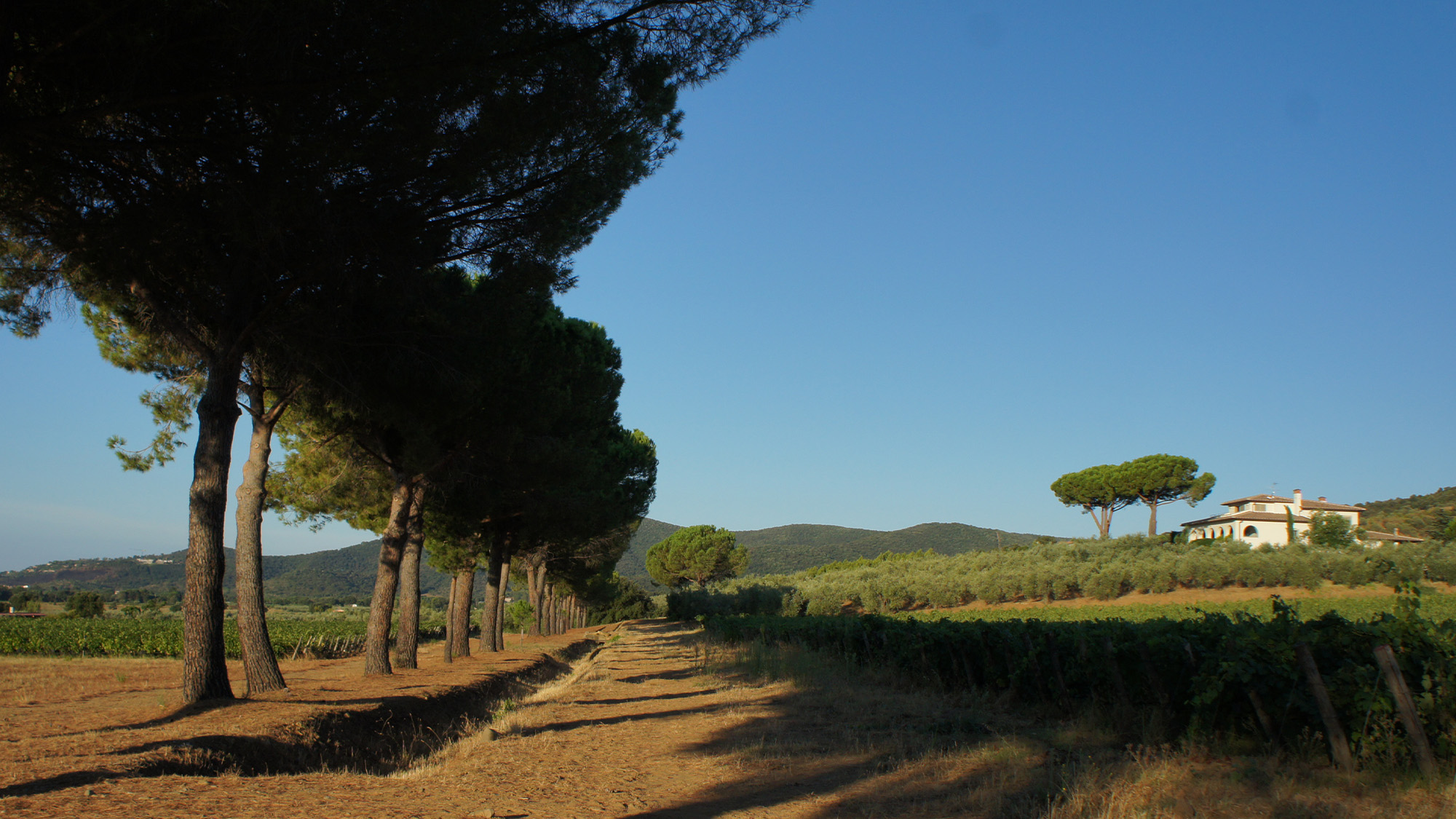
In the hilly amphitheater of Tuscany’s Maremma region, the vineyards organically farmed by the Mascheroni Stianti family in Castelprile, overlook the ancient coastal lake named Prelius. The Castelprile Estate, is the first venture outside of Chianti Classico for the Mascheroni-Stianti family, leaders in Tuscany’s organic viticultural movement. The round logo on the label reflects the fluid nature of the coastal lake Prelius, that was slowly filled by the Ombrone river floods. and at last completely drained in the early 20th century. As the area has evolved, it has established itself as an excellent location for viticulture and winemaking, a foundation set by the Benedictine monks.
Winery Story


